In Praise of…KTV
Posted: 10/5/2014 11:00 amThose of us who came to China in the years building up to the Beijing Olympics are watching the things that made China China disappear. These include internet bars, street barbecue (or at least its credibility as a safe option), and now karaoke bars, better known as KTVs.
KTVs are expensive to run and, on top of the fact that karaoke is a relatively expensive pastime, there are several reasons why a night at a KTV might be a hard sell. There are the tinny soundtracks, the over-priced drinks, the low-budget videos, and of course the non-professional singers. Karaoke is not as individualized, free, or unpredictable as open mic, but the popularity of karaoke represents some dizzying societal changes, most of which are positive.
Why lyrics matter and why that matters
The karaoke machine was one of two Japanese inventions of the 1970s that revolutionised the way we enjoy music. Whereas the walkman, which was first marketed by Sony in 1979, was developed by engineer Nobutoshi Kihara at the request of then-Sony co-chairman Masaru Ibuka, the karaoke machine was an inadvertent success after being invented by musician Daisuke Inoue to give singers the chance to perform without a backing band.
In the 80s and 90s it spread throughout the world and became one of the most popular social activities in Greater China. This rise coincided with the glittering career of Teresa Teng, the Taiwanese pop star who was said to rule China by night while Deng Xiaoping ruled it by day.
Her song “The Moon Represents My Heart” – one of the biggest Mandopop hits of the 1980s, in spite of the best efforts of the Beijing establishment – reveals an exciting phenomenon, as Evan Osnos points out in “The Age of Ambition”. That the song is about “me” rather than “we” struck a particular chord with the generation that was young at this time. As Osnos writes:
There was something different about…the young men and women born in the seventies. You could hear it in their speech, their comfort with saying “I” and “me,” where their parents would have used the plural: “our work unit” and “our family.” (Older Chinese took to calling her cohort the wo yi dai – the “Me Generation.”)
“My Heart Will Go On” by Celine Dion, another KTV staple, is about the forbidden love between Leonardo Di Caprio’s vagrant and Kate Winslet’s heiress in “Titanic”. The song and the film proved a pirated video sensation in a country where, of all the social upheavals that have occured in recent decades, the ability to choose ones own partner is just about the biggest.
In the 1970s, as Osnos points out, rural men wanted to be seen as 老实 (honest and reliable) rather than 风流 (wild and adventurous). By the end of the century, the opposite was the case. A good representation of this shift is the songs that owe a huge amount of their hit status to KTV.
For a song to be a KTV hit, the lyrics have to be comprehensible and singable, something that isn’t universal in the world of popular music. The lyrics to “Louie” by The Kingsmen, for example, are so indecipherable that they prompted an FBI investigation in the early 1960s into their allegedly obscene content. A comprehensible lyric is ideological in that it expresses something as opposed to nothing.
So what if love songs dominate?
A look at some lists of the top 10 most popular KTV songs reveals that, to nobody’s surprise, love ballads dominate. However, dismissing all popular love ballads as syrupy trash is as lazy as assuming that all underground music is good. My experience of underground music venues is, it is amazing the amount of pseudo-profound drivel you can get away with singing as long as you’re wearing a hat.
Before the 1980s, love songs were as unacceptable in mainland China as flowery dresses. Since then, this Japanese invention has helped numerous foreign songs come into their own in China and their lyrics have given the public the chance to see that people everywhere fall in and out of love and have similar highs, lows and dilemmas. Literature, as has been argued by historian Lynn Hunt, philosopher Martha Nussbaum, and psychologists Raymond Marr and Keith Oatley, has served to expand empathy and a force towards humanitarian progress.
On my last night in Hunan in 2009 I went to a communal KTV which was just one barroom with one microphone and one screen (which is what the original Japanese karaoke houses were like before the private room format became popular in Taiwan in the 1980s) and as soon as I sat down, a drunk Chinese man came uninvited to my table and put his arm around me. When I said (in Chinese), “Do you mind? I am here to be with the people I came with,” he responded (in English) “No no no no no no…I’m your friend.”
Looking back at this incident, two things strike me. 1. I didn’t have the courage to rip his glasses off and throw them across the floor. 2. His xenophilia, though cloying, was preferable to its opposite. A look at the contents of this double CD of songs that were popular during the 1960s, including 《地道战》 which glorifies making war against an unnamed “invader” and “Keep Mao’s Words in Your Heart”, indicates that in the pre-KTV era, our barroom encounter would have been spikier.

Daisuke Inoue, who never patented his invention and only found out about its international popularity upon seeing it mentioned in Time Magazine in 1999. Image courtesy of Google
Good harmless fun
Daisuke Inoue may not be Nobel Peace Prize material, but he was surely damned with faint praise when, upon being awarded the Ig Nobel Prize in 2004, he was said to have invented “an entirely new way for people to learn to tolerate each other.” Karaoke is at the very worst good, harmless fun, which is how most drinking games could be described if they were any good or fun.
No less a figure than Johnny Cash understood how singing seems to help a troubled soul. Singing karaoke is more social than other pastimes such as playing computer games, healthier than hunching over a computer, and less sinful than other social activities such as drinking and taking drugs.
As for KTV girls and the world of vice that is associated with the activity, pimping services also target hotels and nightclubs. This doesn’t mean that dancing and sleeping are innately shameful. If people who frequent KTVs are supposed to be getting a lot of sex, then life is seriously passing me by.




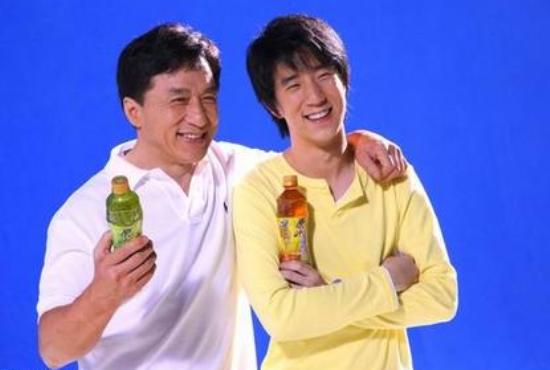



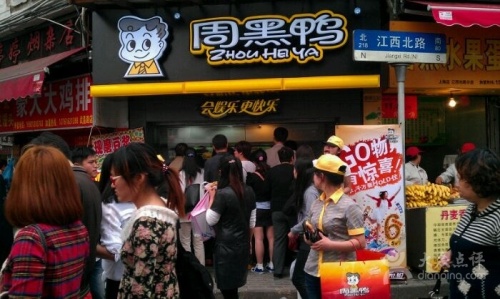

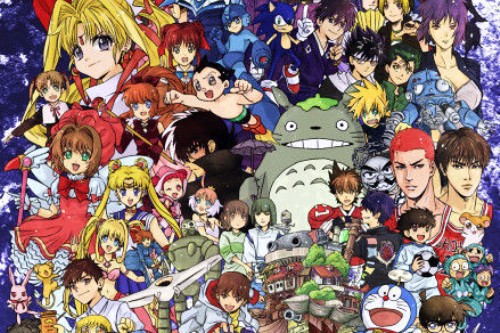
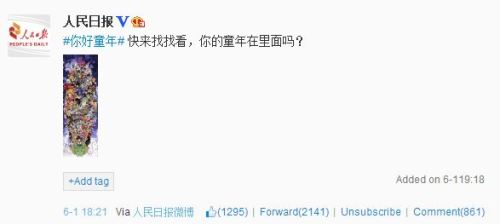
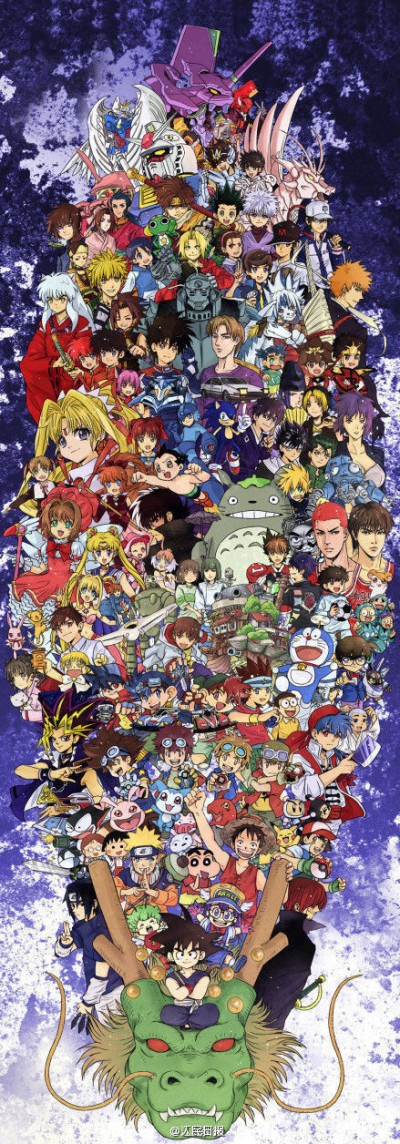




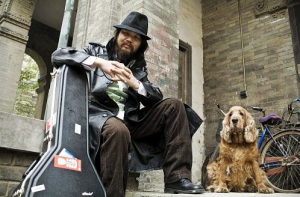











Cinemas In China Allowing Audiences to Type Comments Into Phone, Appear on Screen During The Film
Posted: 08/19/2014 2:17 pmMany like to think of the cinema as a place that lets their mind wander; something that takes them to different worlds and lets their imagination run wild. In order to do that, you need peace and quiet — which is why cinemas provide advertisements reminding guests to turn off their phones and avoid taking during the film.
Some cinemas in China, however, are going in the complete opposite direction. Chinese audiences aren’t only encouraged to complain about the movie they are watching, but share their comments with the rest of the audience—by having them projected on the movie screen.
Theaters in Beijing and Shanghai have begun experimenting with a live commenting system through which audiences can share a comment by sending a text message from their phone, reports Sohu Entertainment. Messages are then projected directly on the screen over the film, or onto an adjacent screen.
The Legend of Qin is an animated film that has tried the new feature in 50 theaters in Beijing and Shanghai since it was released on August 8. Shen Leping, the film’s director, is very enthusiastic about it, saying:
The screenings that feature live commenting predominantly feature young audiences, 80% of whom are 24 years old or younger. This demographic is more familiar with live commenting, which is already used online. Called danmu, or “bullet screen” for the way words scroll from left to right like bullets, live commenting on videos puts user content on equal terms with the video content. Originating from Japan, two Chinese websites that have popularized the danmu are ACFun and Bilibala.
To give you a taste of what this experience is like, here’s a video (below) with live commenting enabled. The video shows a video-taped confession of Taiwanese actor Kai Ko, who was arrested on drug charges along with Jaycee Chan. Screenshots are first provided, and then with a video clip below.
Having moved from the internet and onto the silver screen, audiences can use the live commenting system to bring their own snark and sarcasm as they enjoy watching a movie through the interface of their own phone.
Photos: Sohu Entertainment, CCTV English